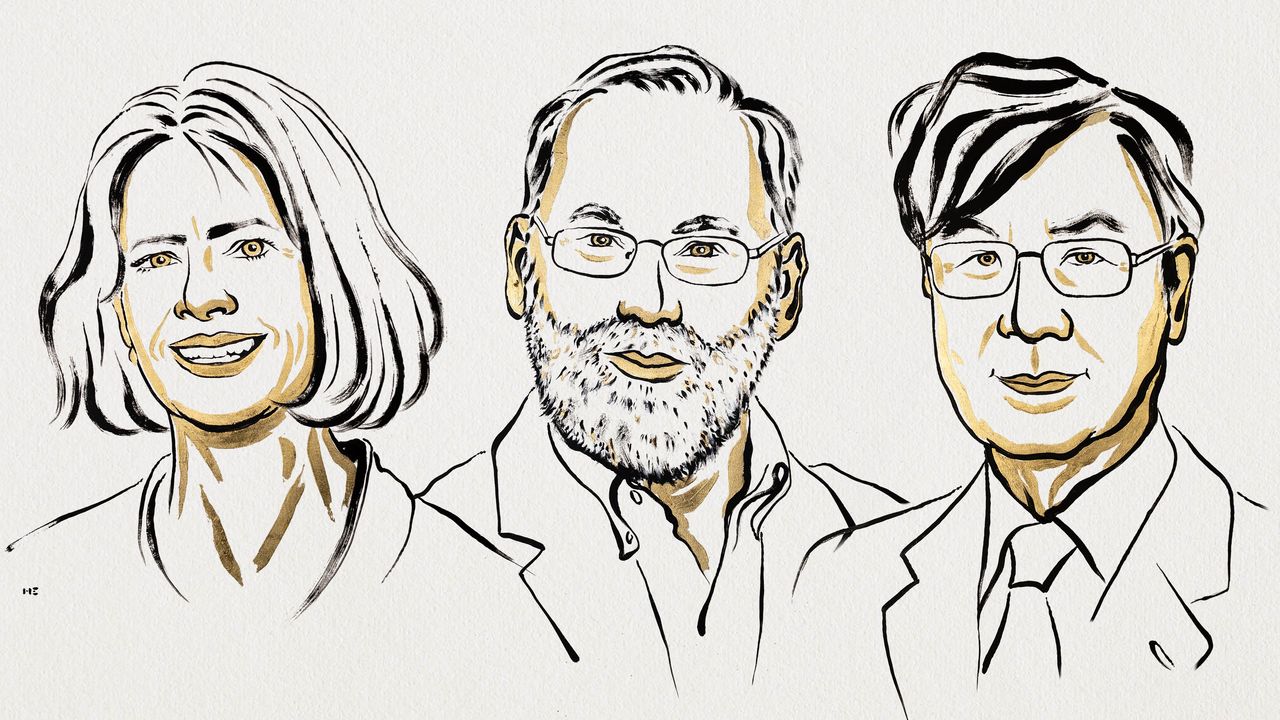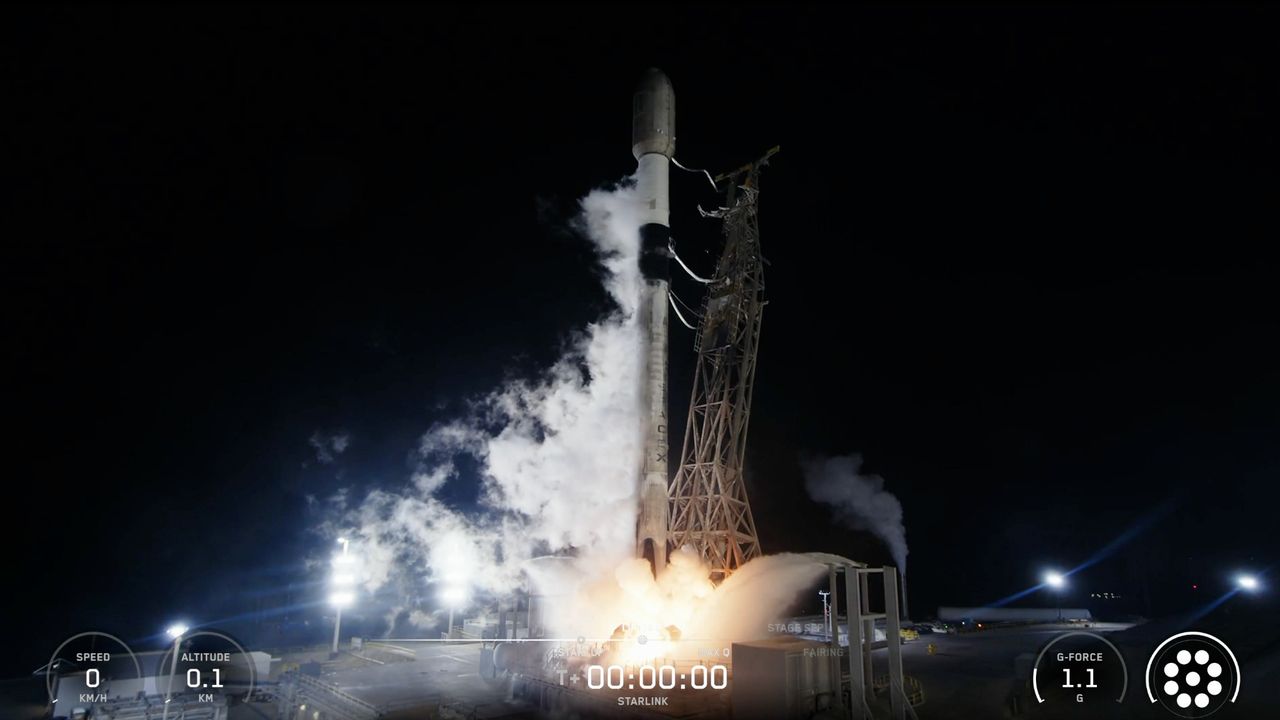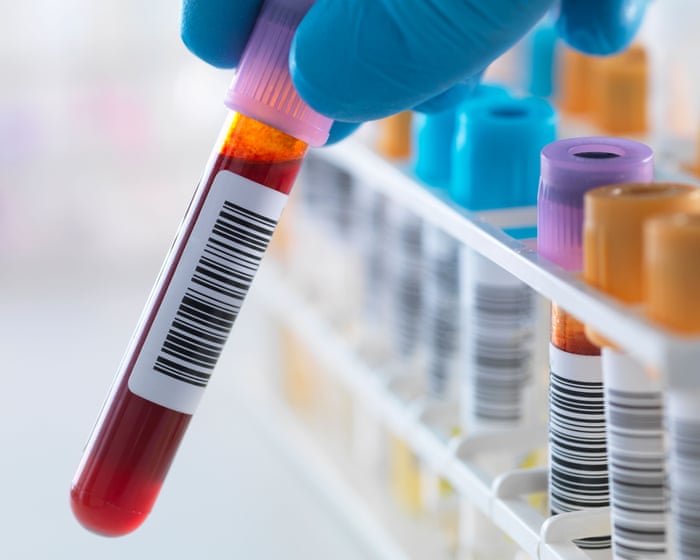Mary E. Brunkow, Ph.D. — Biography
PositiveScience
Mary E. Brunkow, Ph.D., is a notable American molecular biologist recognized for her groundbreaking research in immune regulation. Born in 1961, her work has significantly advanced our understanding of genetic factors in immune responses, making her a key figure in the field. This matters because her discoveries could lead to new treatments for immune-related diseases, impacting countless lives.
— Curated by the World Pulse Now AI Editorial System









